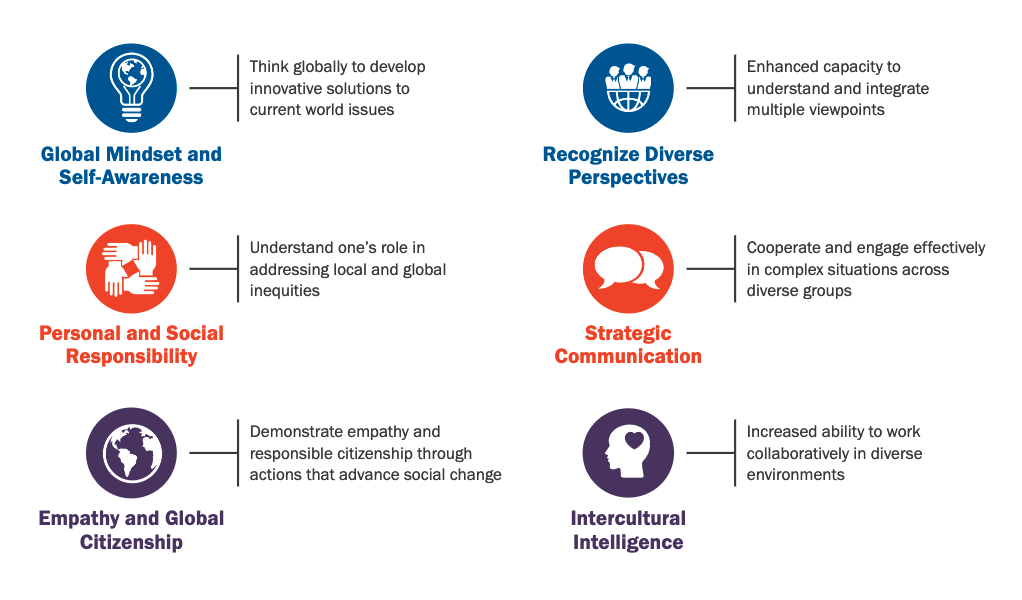Program Learning Outcomes and Curriculum
Your program curriculum is designed to ensure graduates acquire the essential skills, knowledge, and attitudes appropriate and relevant to both the needs of students and employers.
Program Vocational Learning Outcomes
Program vocational learning outcomes describe what graduates of the program have demonstrated they can do with the knowledge and skills they have achieved during their studies. The outcomes are closely tied to the needs of the workplace. Through assessment (e.g., assignments and tests), students verify their ability to reliably perform these outcomes before graduating.
The program vocational learning outcomes for this program are:
As a graduate of this program, you will reliably demonstrate the ability to:
- Communicate the role of nutrition and apply the principles of human nutrition to food production in the health care food service environment
- Discuss the standards and principles of diet therapy relating to a variety of illnesses and diseases and apply these principles to the assembly of therapeutic meals in the health care food service environment
- Provide a safe and health dietary environment, including food that is free from bacteria and other harmful contaminants by adhering to government and departmental regulations relating to food safety, and injury and hazard prevention strategies
- Contribute to the success and image of the healthcare dietary area by applying interpersonal skills that enhance employee performance
- Function within the food service worker’s scope of practice to support the goals of health care food service
- Develop and maintain ongoing personal, professional development strategies
- Carry out cost control techniques in the preparation of food service in the healthcare environment
- Apply food and bake theories to all aspects of food preparation in health care
- Implement cooking principles and techniques in the preparation of large quantities of various foods for the healthcare environment
- Apply knowledge of healthcare food service systems and adhere to departmental and industry work standards.
Essential Employability Skills Outcomes
Essential Employable Skills (EES) are skills that, regardless of a student’s program or discipline, are critical for success in the workplace, in day-to-day living, and for lifelong learning.
As a graduate of this program, you will reliably demonstrate the ability to:
- communicate clearly, concisely and correctly in the written, spoken, and visual form that fulfills the purpose and meets the needs of the audience.
- respond to written, spoken, or visual messages in a manner that ensures effective communication.
- execute mathematical operations accurately.
- apply a systematic approach to solve problems.
- use a variety of thinking skills to anticipate and solve problems.
- locate, select, organize, and document information using appropriate technology and information systems.
- analyze, evaluate, and apply relevant information from a variety of sources.
- show respect for the diverse opinions, values, belief systems, and contributions of others.
- interact with others in groups or teams in ways that contribute to effective working relationships and the achievement of goals.
- manage the use of time and other resources to complete projects.
- take responsibility for one’s own actions, decisions, and consequences.
We have also further enhanced the new essential and emerging employability skills by incorporating the following into the Food Service Worker program:
- applied ethics
- collaboration and teamwork; • leadership and followership
- cultural competencies, globalization perspectives and respect for Aboriginal/Indigenous peoples
- digital fluency and learning skills, by offering students exceptional online and hybrid course experiences; capture and share best practices
- financial literacy
- innovation and entrepreneurship
- personal resiliency: adaptation, navigation, and negotiation
- reflective practice, empathy, civility, and social responsibility
Global Citizenship and Equity Learning Outcomes
There are six Global Citizenship and Equity (GCE) learning outcomes integrated into Diploma and Advanced Diploma programs as a component of Centennial’s Signature Learning Experience (SLE). The SLE reflects the College’s promise to provide students with a distinctive and inclusive educational experience that builds on a foundation of global citizenship, equity, and social justice. Certificate and Graduate Certificates also include at least two GCE learning outcomes. The GCE learning outcomes are:
- Identify one’s role and responsibilities as a global citizen in personal and professional life.
- Identify beliefs, values and behaviours that form individual and community identities and the basis for respectful relationships.
- Analyze issues of equity at the personal, professional, and global level.
- Analyze the use of the world’s resources to achieve sustainability and equitable distribution at the personal, professional, and global level.
- Identify and challenge unjust practices in local and global systems.
- Support personal and social responsibility initiatives at the local, national, and global level.
Within the Food Service Worker program, there will be a focus on assessing GCE’s 1., 2., and 6.

Students are encouraged to develop their GCE Portfolio beginning in their first semester. You will add artifacts from coursework and accompanying reflections as well as artifacts arising from co-curricular activities, volunteering, etc. to your portfolio as you progress through the program. You are encouraged to use the ePortfolio tools available on eCentennial, as well as to develop an online professional portfolio presence through LinkedIn and/or other personal websites/blogs.

